LIVE LIFE FOUNDATION
Gene Therapy Ward
THE URGENT NEED FOR AN ADVANCED GENE THERAPIES WARD
Transforming Children’s Lives Through Advanced Therapies
Advanced Gene therapy is a revolutionary approach to medicine that replaces defective or missing genes with healthy ones. Access to these life-changing treatments in Australian hospitals is limited, highly expensive, and often cannot be delivered in a consistent way.
- In Australia, over 2 million people live with a rare disease.
- 70% of them – 500,000 are children.
- 90% involve the neurological system.
- Around 1 in 3 children with a rare disease will not reach 5 years of age.
These numbers reveal an urgent and growing need for advanced therapies and dedicated facilities – to give every child a fighting chance. However, right now, there are no dedicated beds for gene therapy anywhere in Australia.
The Live Life Foundation, in partnership with The Royal Children’s Hospital, is committed to creating Australia’s first dedicated Gene Therapy Ward – a life-changing facility that will bring innovative treatments to children with rare and complex genetic conditions. Right now, no such facility exists in Australia. The purpose-built centre will house multiple specialist beds, specialist staffed 24/7, and provide the infrastructure, including specialist pharmacy support and care needed to deliver transformative therapies.
This centre will be a game changer – providing children with rare and complex genetic conditions access to innovative treatments, specialist care, and real hope.
Help us give more children the chance to survive, thrive, and live life to the fullest.
HOW ADVANCED GENE THERAPY WORKS & CONDITIONS IT CAN HELP, EVEN CURE

Conditions gene therapy can help
Spinal Muscular Atrophy (SMA)
A rare genetic condition causing muscle weakness and movement loss, often affecting breathing and mobility.
Duchenne Muscular Dystrophy
A progressive muscle-wasting disorder that leads to severe physical disability, mostly in young boys.
Leukaemia
A type of blood cancer that affects the bone marrow, impacting the body’s ability to fight infection.
Stroke
A sudden interruption of blood flow to the brain that can cause lasting physical and cognitive impairment.
Haemophilia
A rare bleeding disorder where the blood doesn’t clot properly, leading to excessive internal bleeding.
Parkinson’s Disease
A progressive nervous system disorder that affects movement, balance, and muscle control over time.
Epilepsy
A neurological condition that causes recurring seizures, which can impact learning, safety and development.


